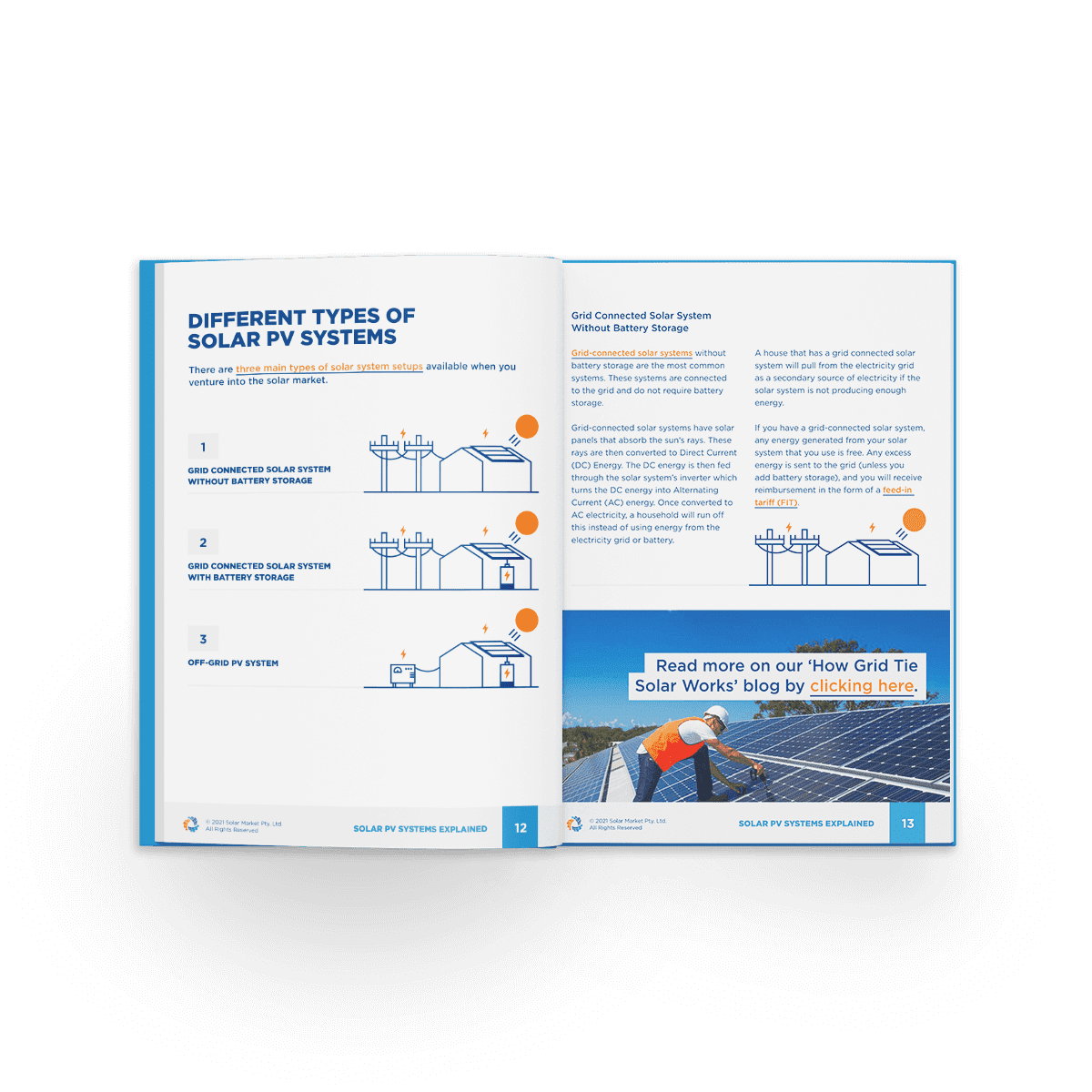Have you wondered what Australia’s climate will feel like in 2070? Now you can find out with National Geographic’s newest tool, Your Climate, Changed, which launched as a part of their Earth Day Celebrations. Your Climate, Changed is an interactive tool that lets you see data collected by international researchers about how 2500 cities will feel in the next 50 years. The data is based around the RCP 8.5 scenario. The RCP 8.5 or Representative Concentration Pathway 8.5 assumes that there is minimal effort to change greenhouse gas emissions, it represents the 90th percentile of no-policy baseline scenarios that were available at the time.
Some Interesting Examples
For example, in 2070 Melbourne is projected to feel similar to northern parts of Adelaide and will start to experience much hotter summers. Both Townsville and the Gold Coast are forecasted to shift from their temperate climates into tropical savannahs. By 2080, Alice Springs is predicted to get 203 days with temperatures over 35°C. Perth will experience more extreme heat events with the number of days with temperatures over 35°C increasing to 42 by 2080. Moving onto the rest of the world, by the end of the century climate conditions will have changed so much that London and Paris will be in a new climate zone, one that is temperate with no dry season and with hot summers. Their future climate is similar to the current climate of some cities in Italy. New York is predicted to shift from a continental climate zone to a temperate one, meaning its winter’s will be milder and its rain will be spread all year round. The tool shows that there are 90 cities with no current climate analogue, meaning their climates will feel like no place on Earth right now. Hanoi, Vietnam is one of those cities. Its future climate will be like nothing currently experienced on Earth, which feels a little terrifying, but the tool does have some estimations.
What Can You Do?
Have a play with the Your Climate, Changed tool and learn more about how your city, country and the world will be affected. Actions speak louder then words, becoming a conscious consumer and making sure your money goes to the companies doing the right thing is powerful. There are things you can do at home to positively effect climate change. You can reduce the amount of single use plastic you purchase, ride or take public transport to work, recycle as much as possible and purchase some of your clothes from op-shops. You can also invest in larger scale initiatives, like being able to recycle your grey water, using a composting toilet or installing solar panels to reduce your reliance on the energy grid (which uses energy from non-renewable resources).











